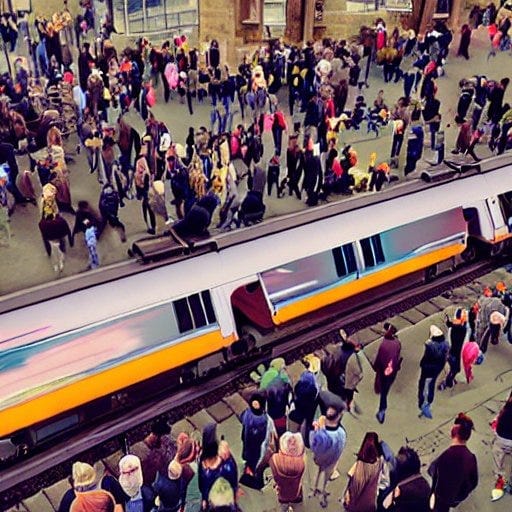What is a VPN?
The internet is a big, bad place. Lots of threats - many of them automated - and designed to get into your bank account in any way possible.
So, if you use public Wifi networks a lot, if you want to add an extra layer of security to the things that you do over the network, a VPN can help.
VPN stands for "Virtual Private Network". Basically, it's a computer, sat somewhere on the internet, that your computer, tablet or phone connects to.
Normally, if you open Netflix on your phone, your phone sends a message over the network to Netflix's servers, which then responds. The communication between you and Netflix is encrypted - but anyone intercepting that communication can see that you're talking to Netflix, they just don't know what you're watching. (This is the "metadata" that the security services are allowed to collect and retain about you).
With a VPN, anyone intercepting your communications would see the encrypted traffic - but instead of going to Netflix, the traffic would be going to the VPN server. The VPN server then sends it to Netflix and collects the responses and sends it back to you. So your would be attacker not only can't see what Netflix is saying to you (as that's encrypted by Netflix), but they can't even see that you're watching Netflix (as the traffic is encrypted again by the VPN and sent to the VPN server, not to Netflix directly).
Security works in layers - any individual layer can be breached, but you can still remain secure. And a VPN adds two layers at once.
Take Action: Sign up for a reputable VPN provider - there are lots of them out there - but make sure it's not one that is free (you never get something for nothing). And then whenever you're on a public network, switch the VPN on.




